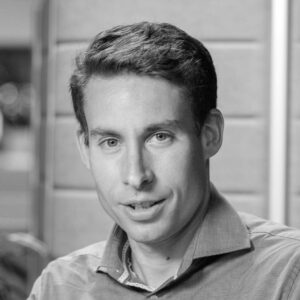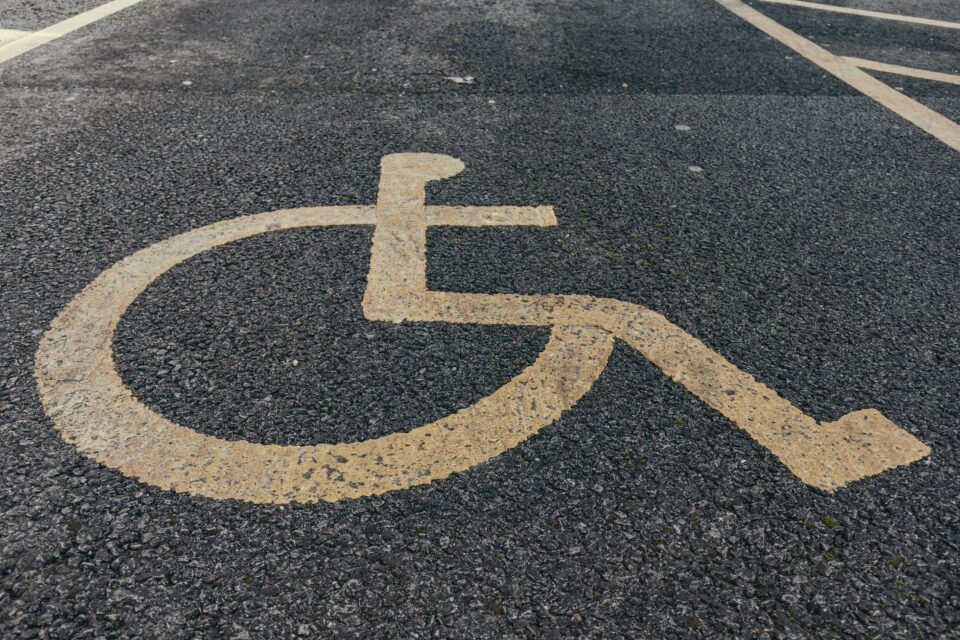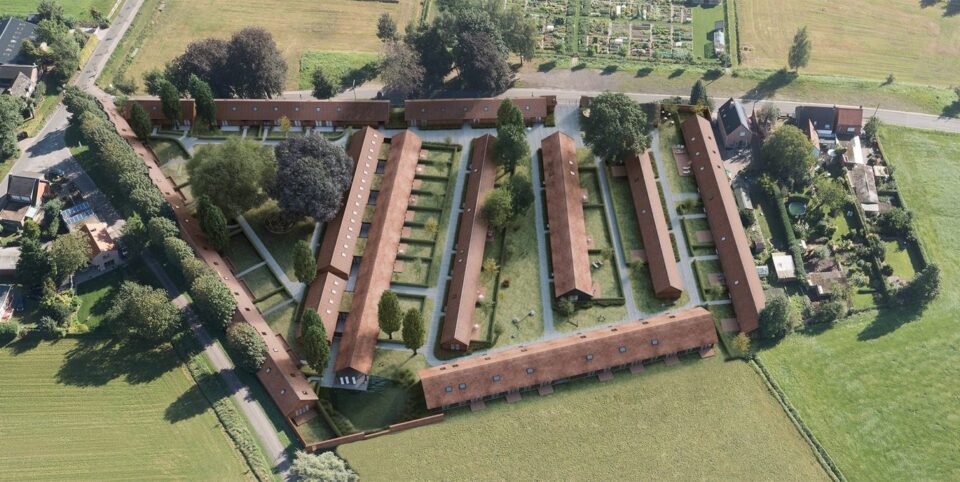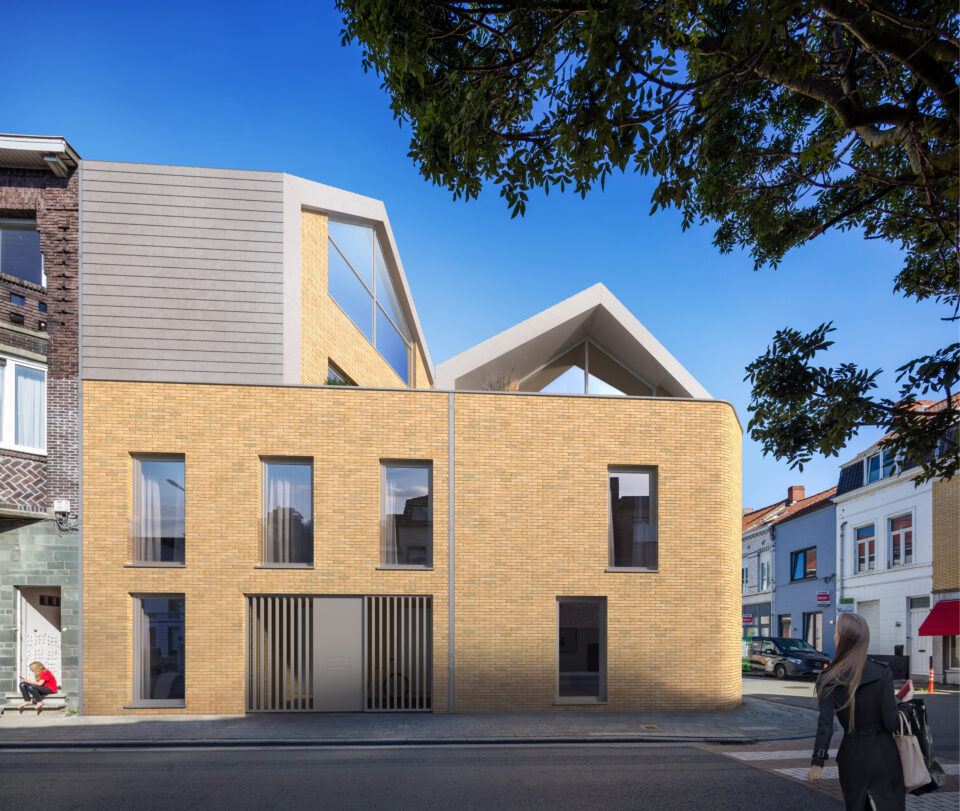Cooperative for new infrastructure
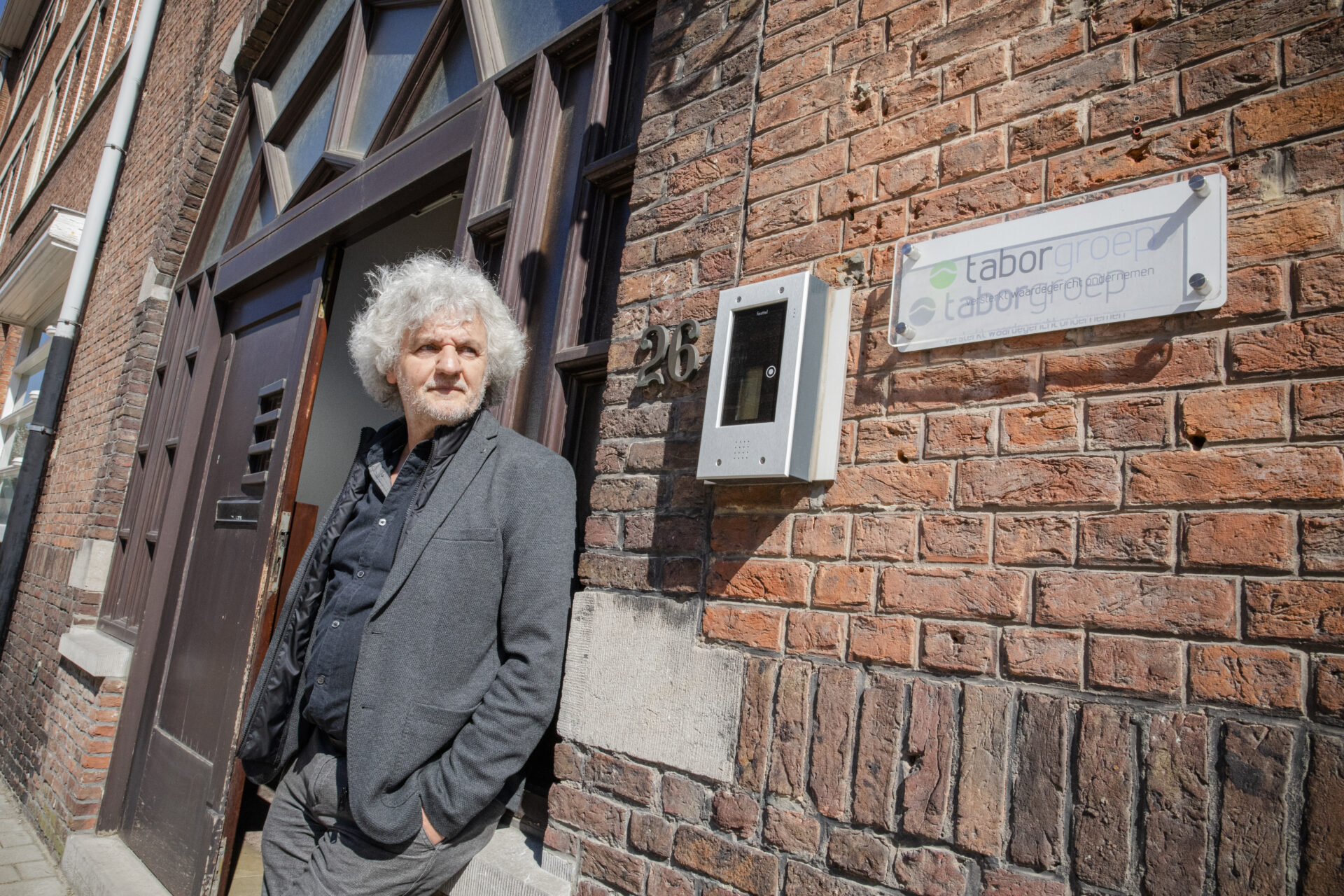
Where do schools and healthcare organisations find the money and expertise to renew their infrastructure and make it ready for the future? For a lot of administrators and boards of educational, welfare and healthcare organisations, it is a big challenge. With the establishment of a cooperative, Pathmakers offers a way out. While the participating organisations can continue to concentrate on their services, the cooperative builds state-of-the-art facilities thanks to a sophisticated financial model, with funding from PMV.
Many healthcare institutions, welfare organisations and schools need new infrastructure to meet the challenges of the future. However, complex regulations and complicated administrative procedures do not make building and renovation projects easy. Above all, the often gigantic costs and difficult financing mean that building projects hardly get off the ground. Moreover, building requires considerable expertise. What insulation rules apply to schools? How to build care facilities that will still be current in 20 years’ time? Heating with a heat pump or investing in passive construction?
Building lease
The need is great, but the resources and expertise are often lacking. More than 30 non-profit organisations from the welfare, health and education sectors therefore decided to unite in a cooperative in 2018. Through shared ownership, they give Pathmakers cvba a long-term building lease right so that the cooperative can realise the structures as owner and then make the buildings available for 30 years, in the form of an uncancellable lease. At the end of the lease term, the building rights also come to an end and the partner organisation regains full ownership free of charge. “Throughout the whole process, the organisations can continue to concentrate on their core tasks,” knows Paul Ongenaert, director of vzw Tabor, a network of more than 60 autonomous organisations from East and West Flanders that underpins the cooperative.
Unburdening partners
10 (re)construction projects are now in the pipeline, with more to come later. Pathmakers finances the realisation; the partner organisations pay back in the long term. Coordination is also done by Pathmakers: specialists from Tabor are deployed via a service agreement. The cooperators are thus ‘unburdened’. Thanks to the formula, the non-profit organisation Humival, an organisation for people with a disability, can (have) a new building built and at the same time continue to focus on what it is good at. The same applies to the Damiaanschool in Kortrijk, which is bursting at the seams. Grant procedures to finance the expansion were exhausted, but the school did receive rent subsidies. The school decided to join the Pathmakers construction and has the cooperative design, build and maintain a future-proof building. The school pays rent (with the subsidies) and Pathmakers takes care of the rest. The foundation stone was laid in November 2021.
Financing model
“Healthcare institutions and schools today have to look for other financing models that graft themselves onto the changing financing of the sector where project subsidies have given way to rent subsidies or patient-based subsidisation and funds are no longer available at the start of a building process. With the creation of a cooperative, Pathmakers proves that economies of scale and a clever financial construction can provide a solution to the (financial) challenges of the sector. In the existing non-profit organisation structure, this was impossible. PMV provided a subordinated loan for a period of 20 years,” says Bertrand Van Regemortel, real estate investment manager at PMV. The Flemish investment company also provided expertise. “We thoroughly studied the cooperative’s financial plan and offered suggestions to optimise it,” Van Regemortel said. The Flemish Care Fund also invested. “It ensured greater credibility with our supporters and strengthened our position with the bank,” Ongenaert knows. With Pathmakers, the Tabor Group is the first in Flanders with a cooperative initiative on such a scale: a model that is generating a lot of interest among other players. “The government also has an interest in ensuring that tight budgets maximise solid solutions,” he knows.
Social real estate
The investment will enable PMV to realise ‘social real estate’ in the welfare, health and education sectors. “Few investors are willing to take the risk to invest in the sector, although money is available,” knows Ongenaert, who also thought of crowdfunding as a source of financing. Unfortunately, legislation does not allow private investors in our model. “Other constructions were also possible. Deliberately, however, we did not choose a model that would only allow wealthy people to take initiative. After all, our mission is to make it accessible to everyone,” Ongenaert knows. Bertrand Van Regemortel concurs: “Given the economic and social challenges, it is our duty as investors to work together with social enterprises in order to realise ambitions in care, welfare and health.”
Also interesting
